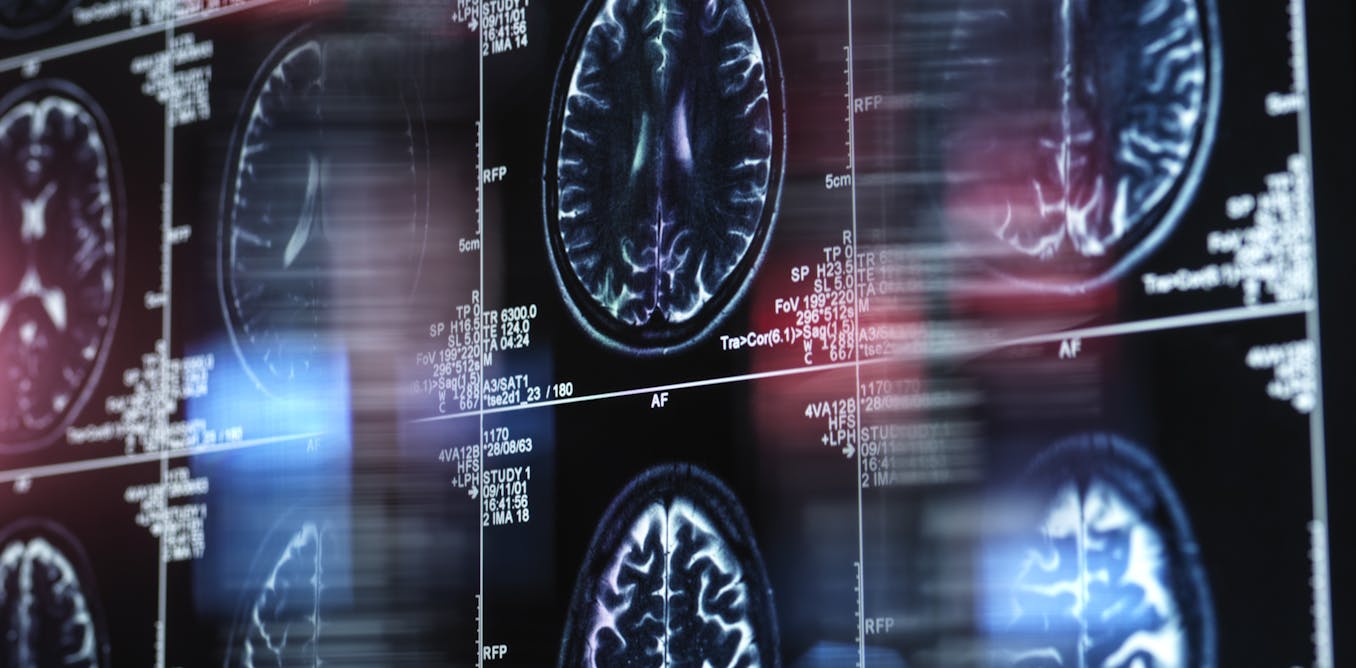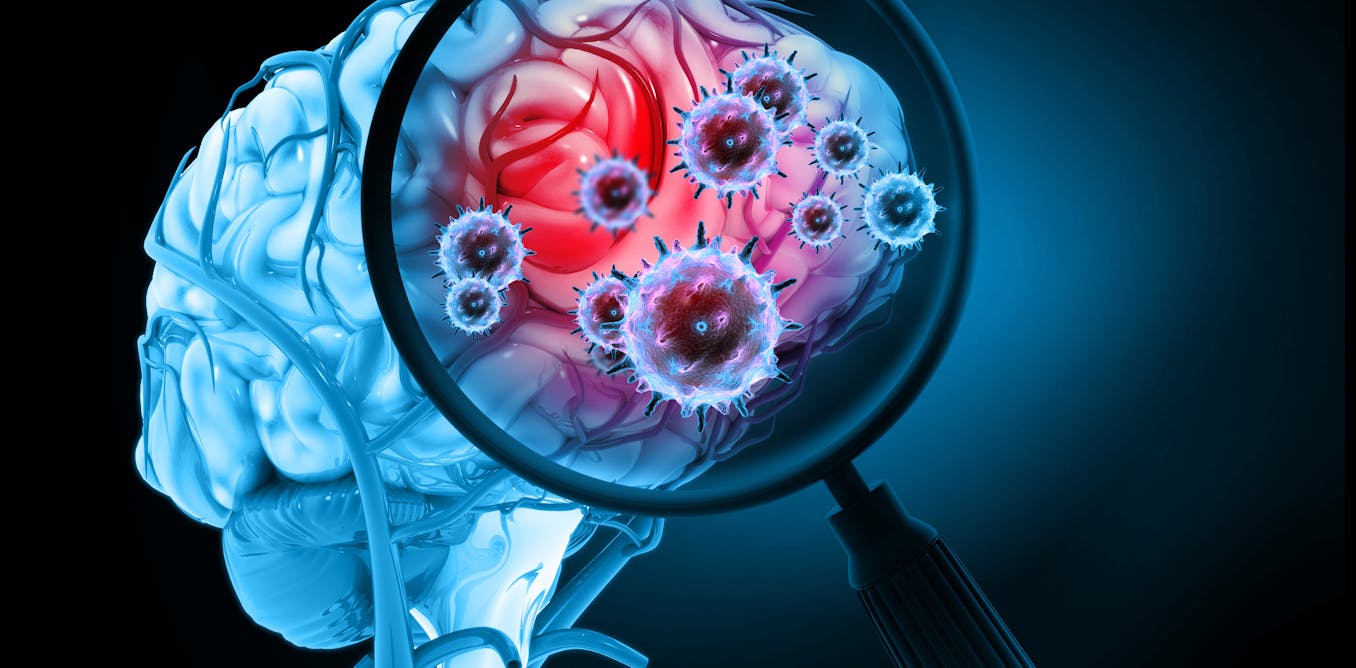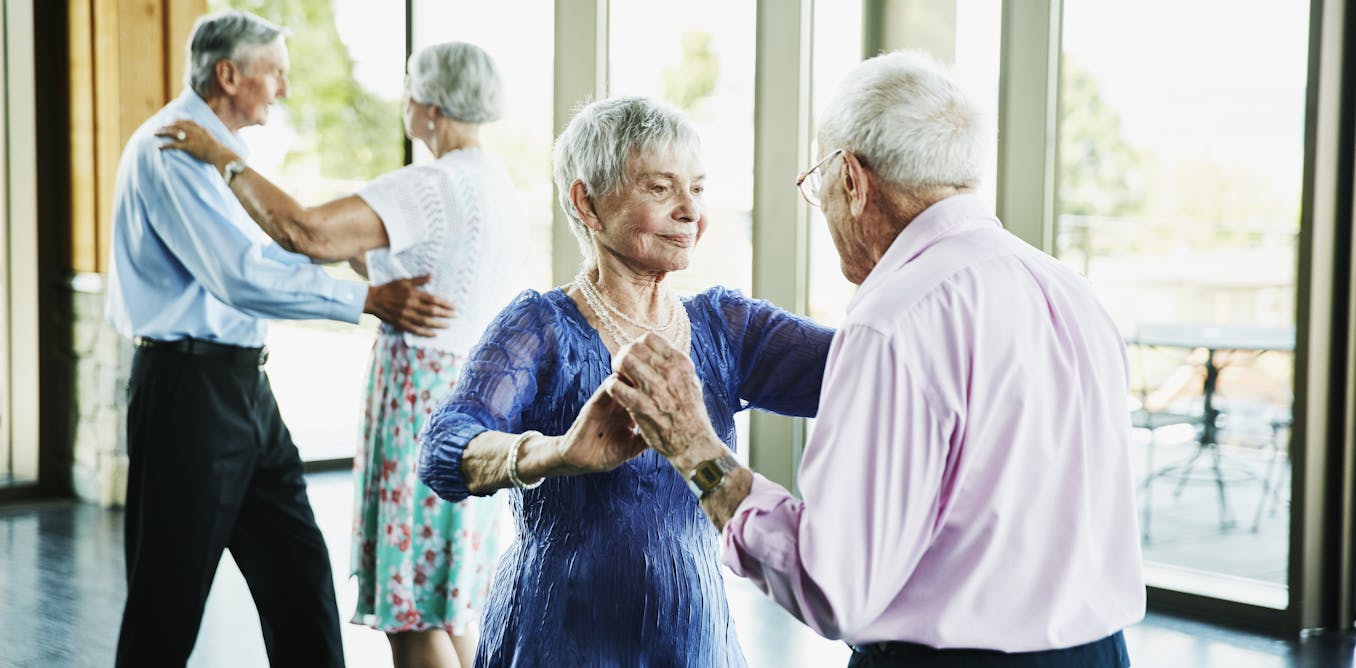Sleep can give athletes an edge over competitors − but few recognize how fundamental sleep is to performance
Studies show college athletes sleeping less than 7 hours per night are almost twice as likely to be injured when compared with athletes sleeping more than 8 hours.
Jan. 31, 2024 • ~10 min








